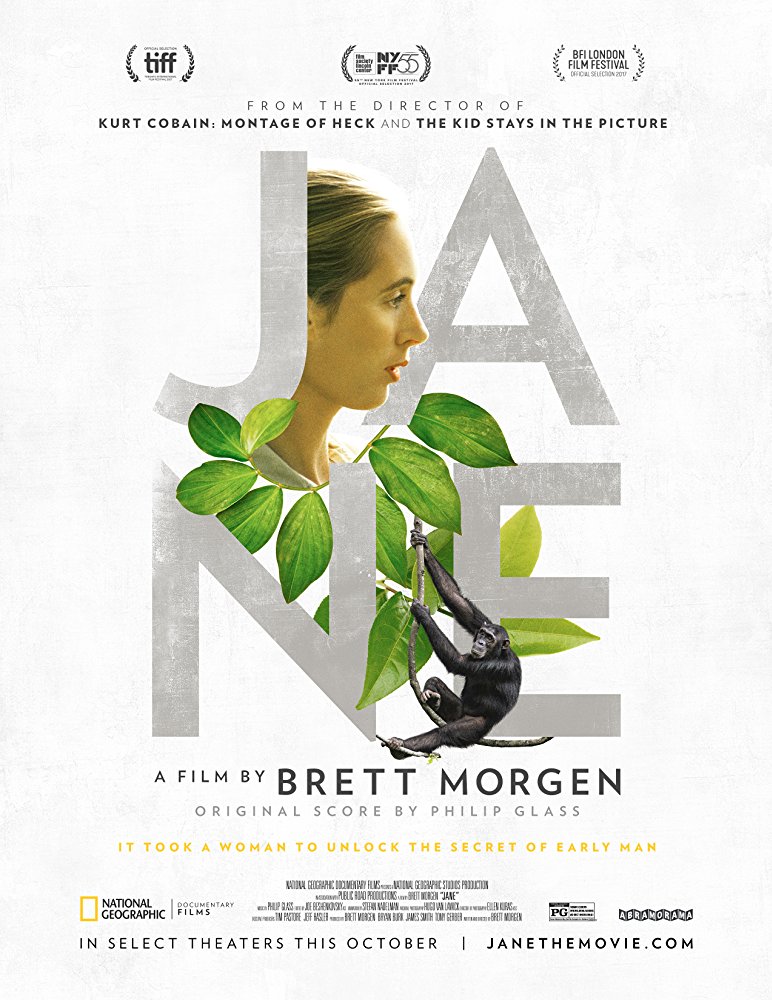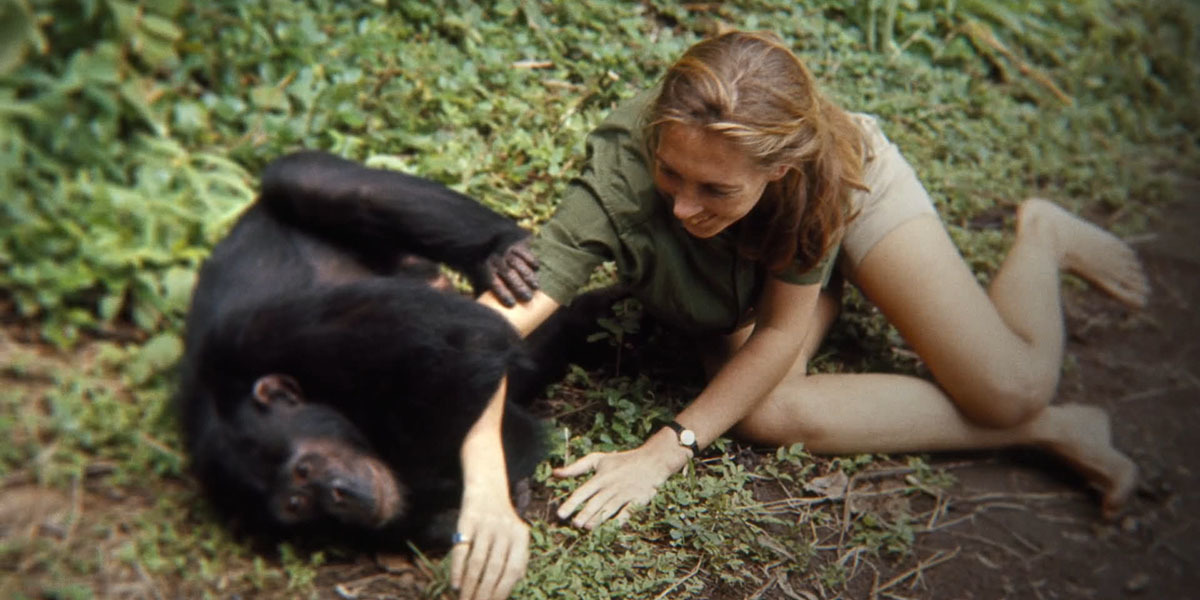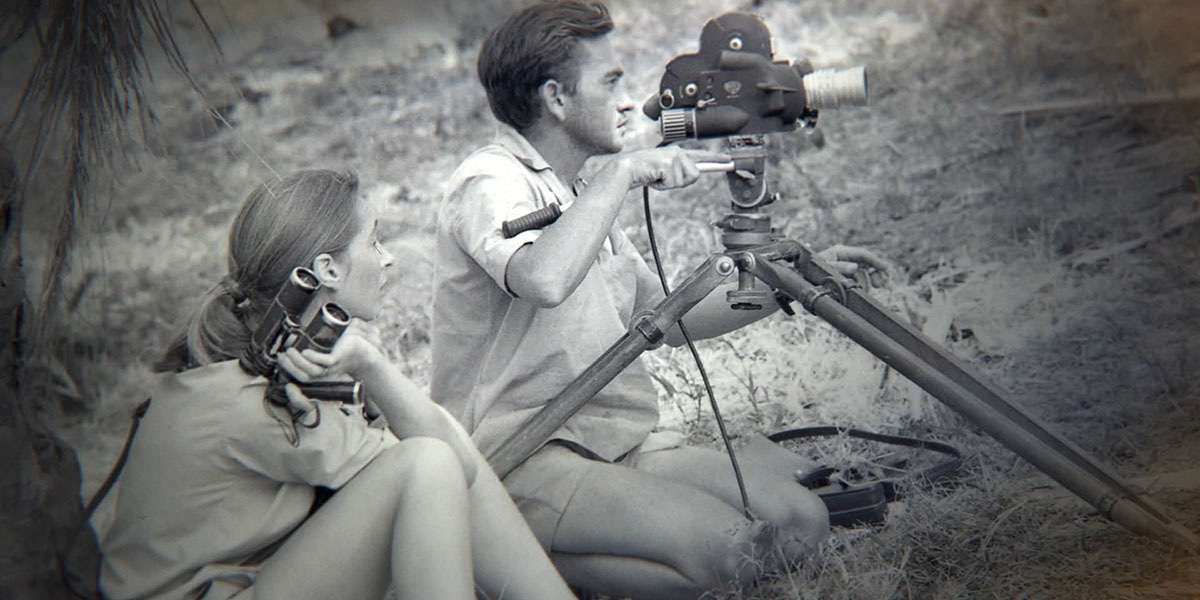
This week I got the stellar opportunity to talk with director Brett Morgen about his latest documentary JANE (in theaters now) that chronicles the early days of famous anthropologist Jane Goodall's illustrious career studying chimpanzees in the African jungle. Though many films have already covered the researcher, her studies, as well as her personal life, Morgen had the unique opportunity to utilize a treasure trove of stunning footage depicting Goodall's early expeditions filmed by award-winning wildlife filmmaker Hugo Van Lawick. For those not in the know, Goodall and Van Lawick would later be married, and though it may or may not be intentional, the blush of blooming love is apparent in every gorgeous shot of Goodall, her newfound African homeland, and her primate subjects. The film is a stunning ode to youth, ambition, and profound love, and I cannot recommend seeking it out on a big screen near you. I hope you enjoy our talk about all things JANE.
Annette Kellerman: Hey Brett! Thanks so much for taking the time to chat with me today about JANE. 

aka Annette Kellerman
